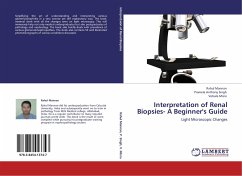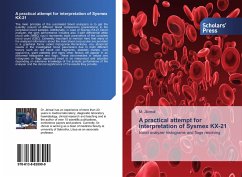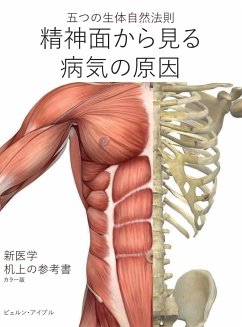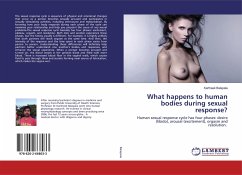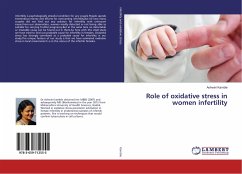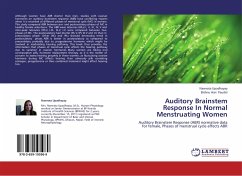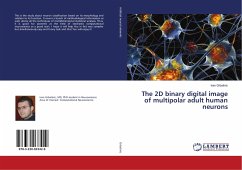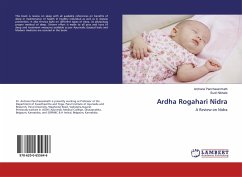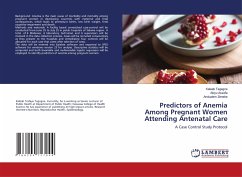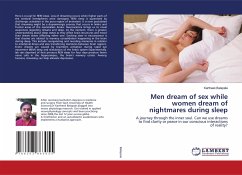
Men dream of sex while women dream of nightmares during sleep
A journey through the inner soul. Can we use dreams to find clarity or peace in our conscious interactions of reality?
Versandkostenfrei!
Versandfertig in 6-10 Tagen
36,99 €
inkl. MwSt.

PAYBACK Punkte
18 °P sammeln!
Pons is crucial for REM sleep. Loss of dreaming occurs when higher parts of the cerebral hemispheres were damaged. REM sleep is supervised by cholinergic activation in the pons region of brainstem. It is now postulated that dreaming might be a dopaminergic process that occurs in limbic and frontal areas of the mammalian brains. Neuroscience brings us to novel awareness regarding dreams and sleep. At the moment, there is greater understanding about sleep states as they affect brain structures and mood than dream states affecting either one. Evolving view in neuroscience is that dreams are relat...
Pons is crucial for REM sleep. Loss of dreaming occurs when higher parts of the cerebral hemispheres were damaged. REM sleep is supervised by cholinergic activation in the pons region of brainstem. It is now postulated that dreaming might be a dopaminergic process that occurs in limbic and frontal areas of the mammalian brains. Neuroscience brings us to novel awareness regarding dreams and sleep. At the moment, there is greater understanding about sleep states as they affect brain structures and mood than dream states affecting either one. Evolving view in neuroscience is that dreams are related to memory consolidation happening in the brain during sleep. This include reorganizing and recoding memories in relation to emotional drives and also transferring memories between brain regions. Erotic dreams are caused by brainstem activation during rapid eye movement (REM) sleep and stimulation of the limbic system Experimentally, lab rats deprived of that precious REM sleep for four days produce fewer nerve cells in the hippocampus, the brain's memory center. Among humans, dreaming can help alleviate depression.



